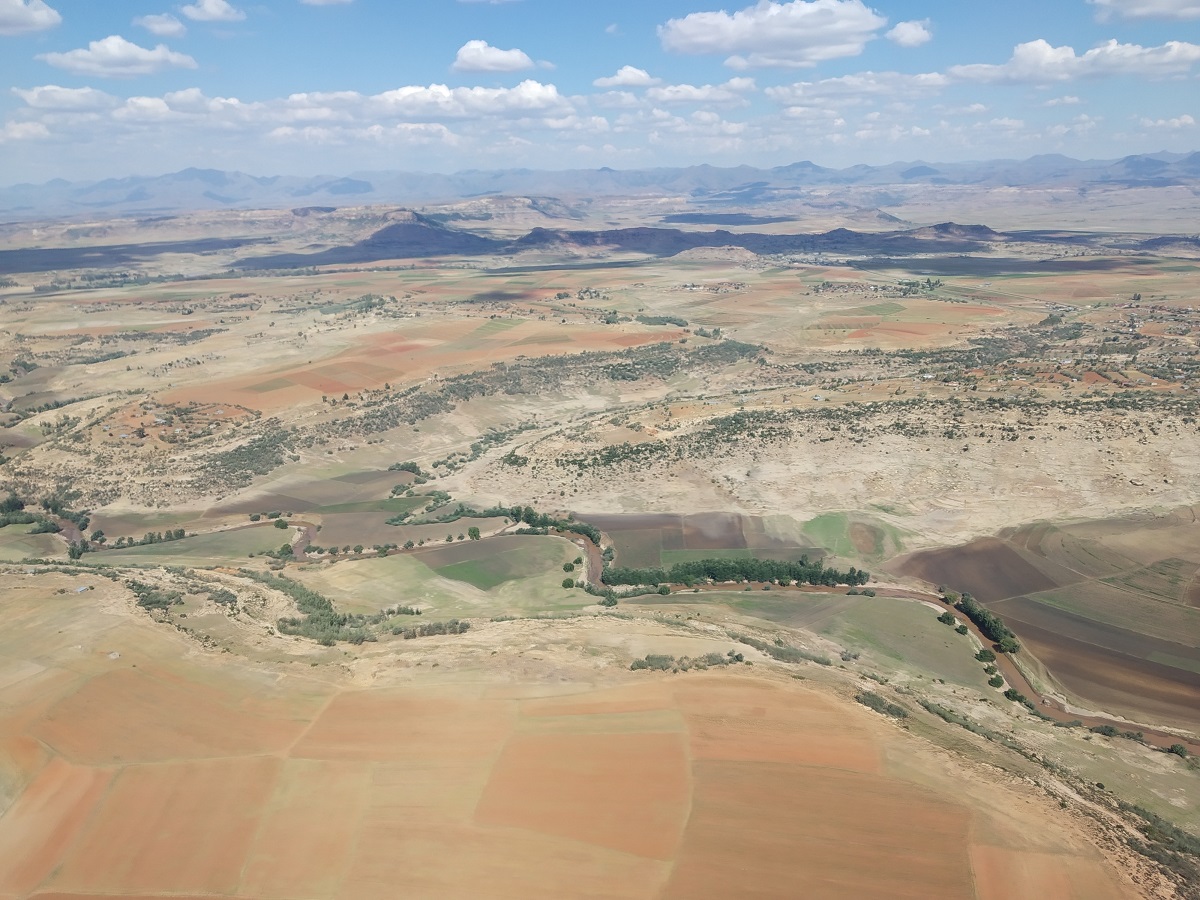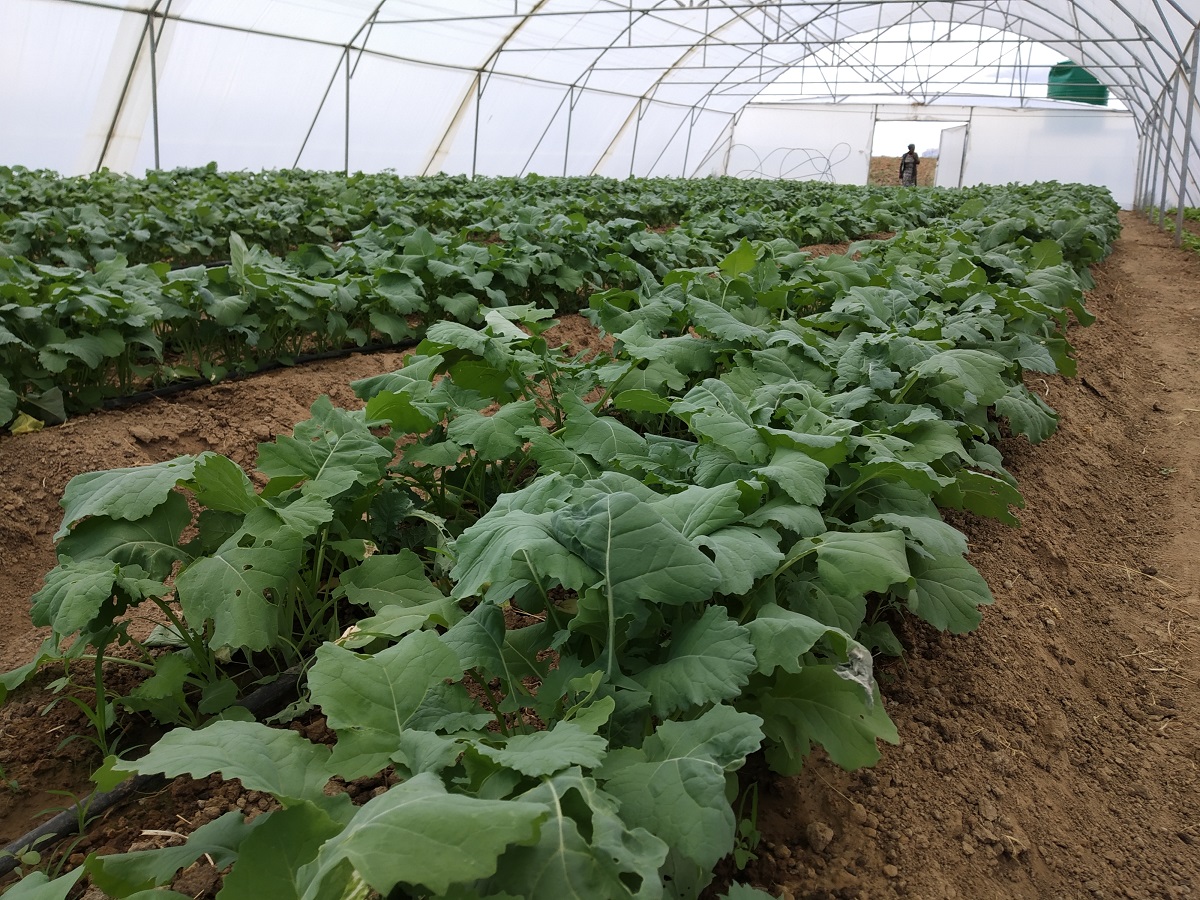| Jump to: Project team · Collaborators · Funder |

Funded by the International Fund for Agricultural Development (IFAD), this project aims to assess the potential impacts of climate change on high-priority rainfed agricultural crops in eight African countries (Angola, Malawi, Malawi, Mozambique, Rwanda, Uganda, Zambia and Zimbabwe), based on the application of downscaled climate scenarios and GIS-based tools for modelling current and future crop suitability.

In particular, we use a selection of General Circulation Models (GCMs) to compare the likely changes to the climate of each of the studied countries between the historical baseline and the mid-century (~2050) future, and the resultant impacts on productivity of a range of staple crops (primarily cereals such as maize and sorghum, legumes such as beans and groundnuts, and root crops such as cassava and sweet potato). We quantify the impacts of climate change on each of the crops in terms of % and total change of crop production per person, per household and per administrative region.
We also provide indicative estimates of the economic impacts of climate change on crops by calculating the approximate costs for replacement of lost production that will be incurred by subsistence smallholder farmers.
Finally, we aim to identify which administrative regions (i.e. provinces, regions or districts, depending on the country) are likely to be most and least vulnerable to the impacts of climate change on staple/subsistence crops.
Project team

|

|
 |
|
|
|
|
Collaborators
